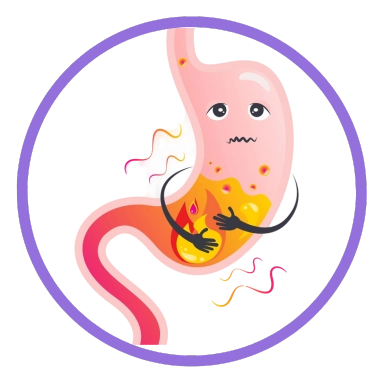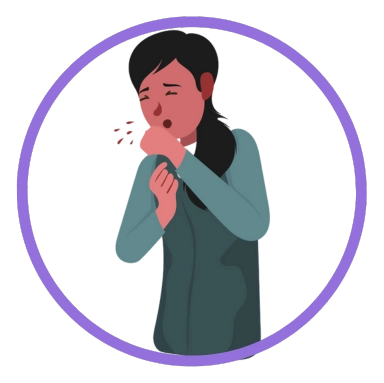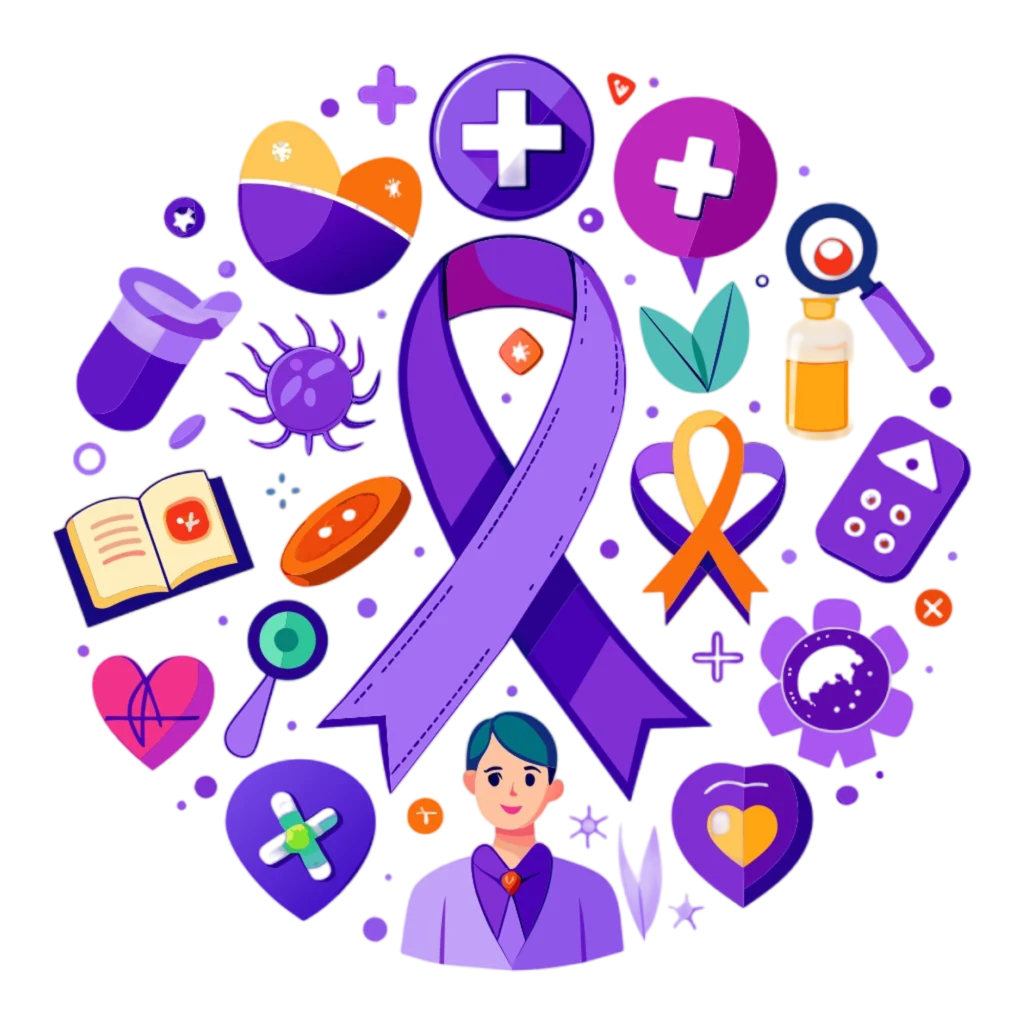
A cornerstone of oncology wellness is knowledge. Educating yourself about overall health, being attuned to your body, and seeking guidance when needed are key steps in promoting your own vitality.
cancer symptoms may include

Severe weight loss and muscle wasting often seen in chronic illnesses.

Continuous fatigue, weakness without clear cause; seek medical evaluation promptly.

Chronic or severe pain that is not related to an injury or does not go away.

Monitor moles: note any color, size, or shape changes for potential skin issues.

Sustained alterations in bowel or bladder patterns, including blood, warrant attention.

A persistent cough or hoarseness that does not resolve.

Difficulty swallowing, persistent indigestion, or discomfort after eating.

Development of lumps or thickening in the breast or other parts of the body.
Leading-edge oncology treatment in Chennai, utilizing state-of-the-art equipment and innovative therapies to diagnose cancer at an early stage, ensuring comprehensive and effective treatment
Chemotherapy
Chemotherapy involves the use of powerful drugs to target and eliminate cancer cells throughout the body. It is a systemic treatment that can be administered orally or intravenously, aiming to halt or slow down the growth of cancer cells.
Radiation Therapy
Radiation therapy utilizes high-energy rays to target and destroy cancer cells in a specific area. It is a localized treatment that can be delivered externally or internally, depending on the type and stage of cancer, aiming to shrink tumors or eliminate cancer cells.
Immunotherapy
Immunotherapy harnesses the body’s immune system to recognize and attack cancer cells. This innovative treatment helps enhance the immune response, enabling the body to better fight cancer. Immunotherapy can be used alone or in combination with other treatments.
Surgery
Surgery involves the removal of cancerous tumors or tissues from the body. It is a common treatment for various types of cancer and may be performed to diagnose, stage, or treat cancer. Surgical procedures range from minimally invasive techniques to more extensive operations, depending on the nature and location of the cancer.

Implementing these lifestyle changes and taking proactive steps may help lower the risk of developing cancer. It’s essential to consult with a healthcare professional for personalized advice and screenings in the field of oncology.
Cancer is always a death sentence
Many cancers are treatable, and survival rates have improved significantly with advancements in medical science.
Only older people get cancer
Cancer can affect individuals of all ages, including children and young adults
Artificial sweeteners cause cancer
No conclusive evidence supports these claims; they are often unfounded.
Cancer is contagious
Cancer is not contagious; it cannot be spread through touch or contact.
Oncology care encompasses various specialized services to diagnose, treat, and support individuals with cancer. Here are the primary types of oncology care:
Medical Oncology: This branch focuses on the treatment of cancer using chemotherapy, hormonal therapy, and other medications. Medical oncologists coordinate the overall treatment plan, often serving as the primary healthcare provider for cancer patients.
Radiation Oncology: Involves using high-energy radiation to destroy cancer cells or shrink tumors. Radiation oncologists develop and oversee treatment plans that include external beam radiation or internal radiation (brachytherapy).
Surgical Oncology: Surgical oncologists specialize in removing tumors and cancerous tissues through surgery. They also perform biopsies to diagnose cancer and assess the extent of its spread.
Pediatric Oncology: Focuses on diagnosing and treating cancers in children and adolescents. Pediatric oncologists manage the unique challenges of treating young patients, including growth and development considerations.
